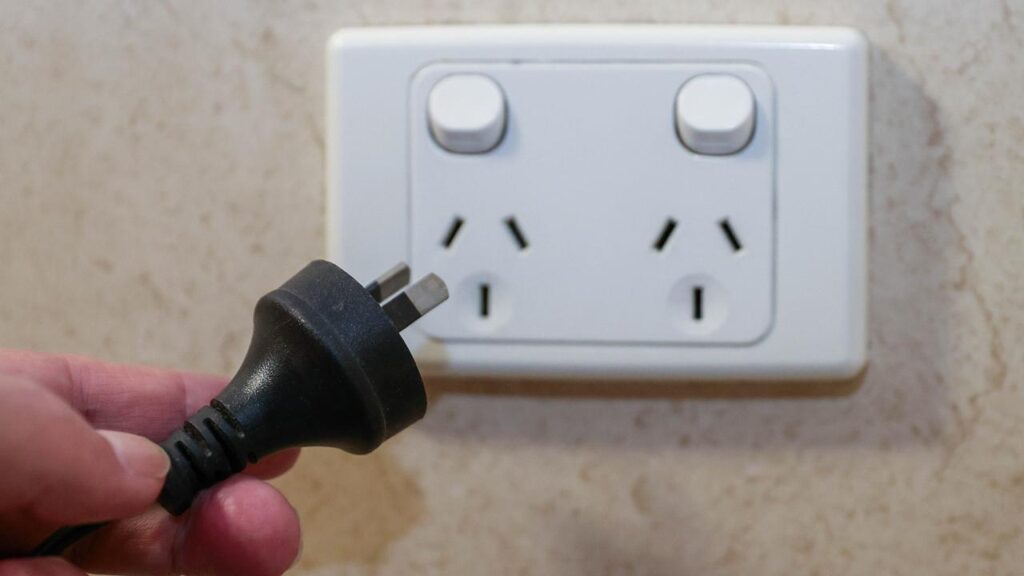Power customers promised tougher rules on price gouging
Poppy Johnston |

Electricity customers can expect a tighter safety net to protect them from unfair price hikes under changes flagged by the federal government.
In his first post-election address, Energy Minister Chris Bowen has promised tweaks to so-called Default Market Offer rules in a bid to force energy companies to compete harder for customer dollars.
The regulations were intended to establish a benchmark price to stop the worst forms of price gouging and leave the job of putting downward pressure on prices to competition between energy companies, Mr Bowen told the Australian Energy Week conference in Melbourne on Wednesday.
“However, I’ll be frank. I don’t think it’s working that way and reform is needed,” he said.
In several states, regulators variously enforce caps on what retailers can charge as a way of protecting hundreds of thousands of customers unable or uninterested in chasing a better deal.
Caps are reviewed annually to reflect the cost of generation, moving electricity around through poles and wires, and retailer spending on marketing and administration.
Mr Bowen flagged reforms to the Australian Energy Regulator’s price-setting mechanism for NSW, South Australia and Queensland to better align with Victoria’s rules.
As well as more “downward pressure on electricity bills”, he wants the pricing mechanism to better leverage the “huge uptake” of rooftop solar and batteries.

Wednesday’s move was welcomed by welfare groups, with Australian Council of Social Services head Cassandra Goldie arguing the rules should act as a “proper safety net and not a cap on market prices”.
“Large energy retailers are making enormous profits while people are struggling with energy debt, putting food on the table and keeping their homes cool in summer and warm in winter,” she said.
The Australian Energy Council, representing electricity retailers, acknowledged climbing retail costs had contributed to higher regulated prices in 2025.
“While retail costs have been the focus, they continue to be a smaller component of customers’ bills,” the council’s chief executive officer, Louisa Kinnear said.
“As noted by the Australian Energy Regulator network and wholesale costs continue to make up the bulk of the bill and are currently 33-48 per cent and 31-44 per cent of costs respectively,” she said.
Swinburne renewable energy expert Mehdi Seyedmahmoudian was broadly in favour of the push to improve affordability but warned it could help providers keep customers.

Without the competition allowance, companies would have less incentive to spend money on advertising to attract and retain customers.
“It’s kind of indirect marketing for the energy providers,” he told AAP.
Professor Seyedmahmoudia further argued overhauling the regulated price system was just one piece of the puzzle and needed to go hand-in-hand with policies to accelerate the transition to a clean, decentralised energy system.
“If you don’t want to face huge unaffordable energy costs in the future, or hugely unstable energy in the future… we have to make sure we can have decentralised energy systems.”
AAP


